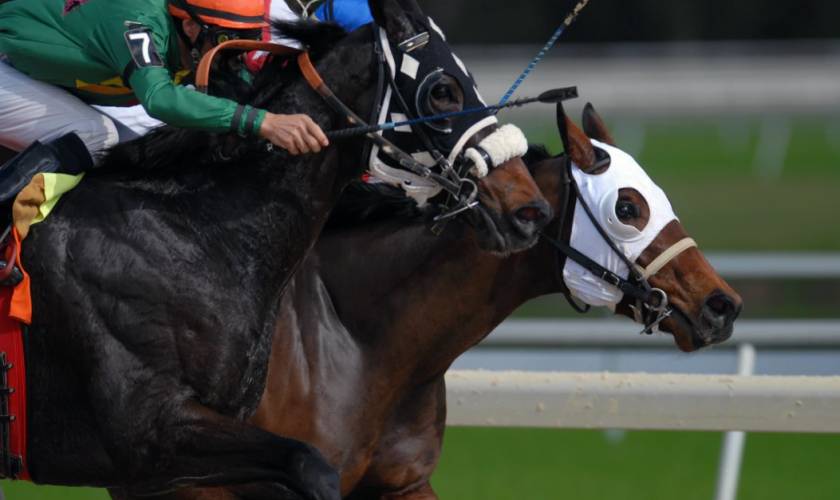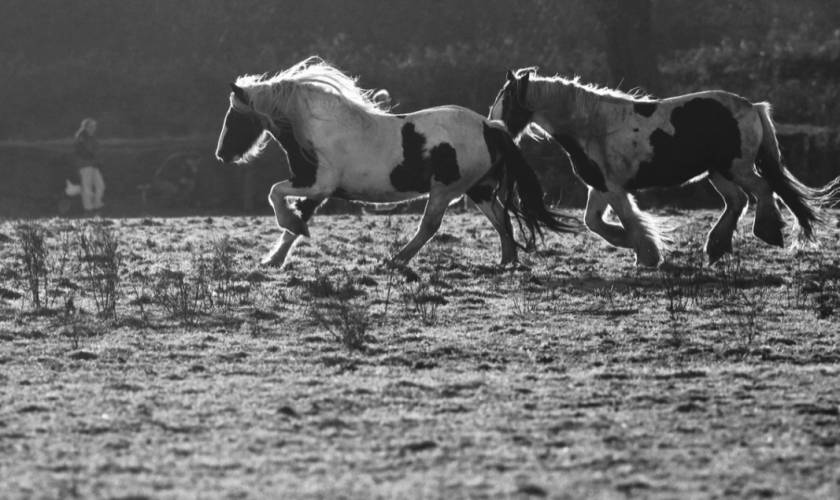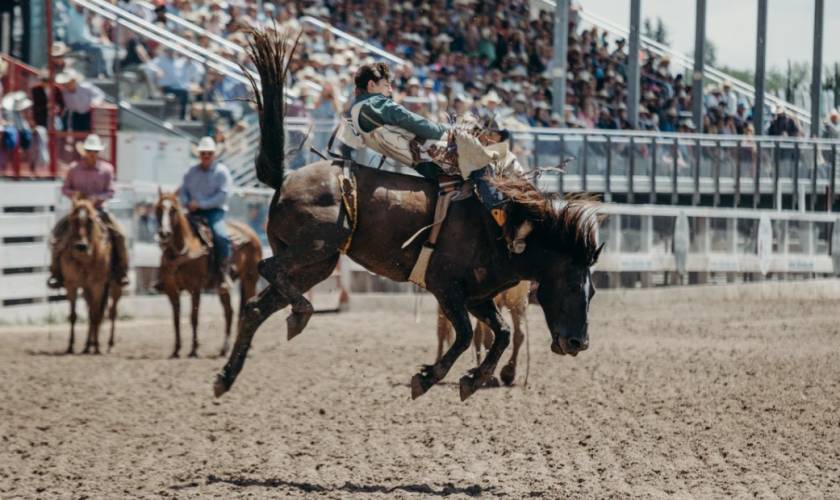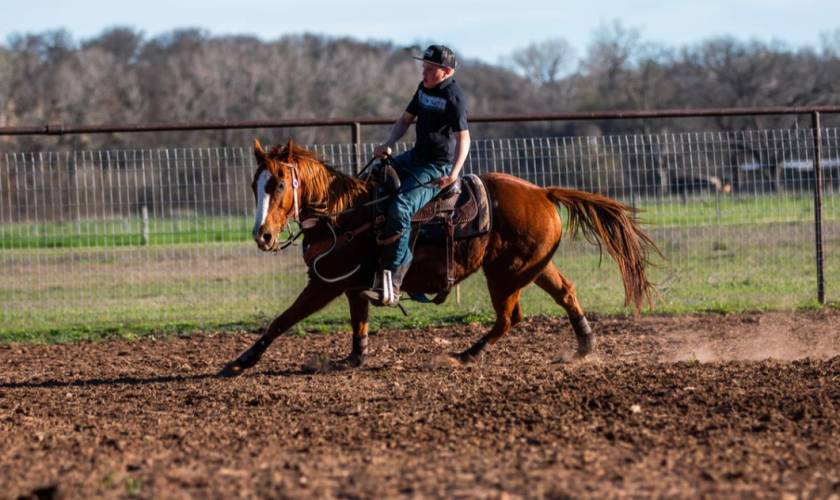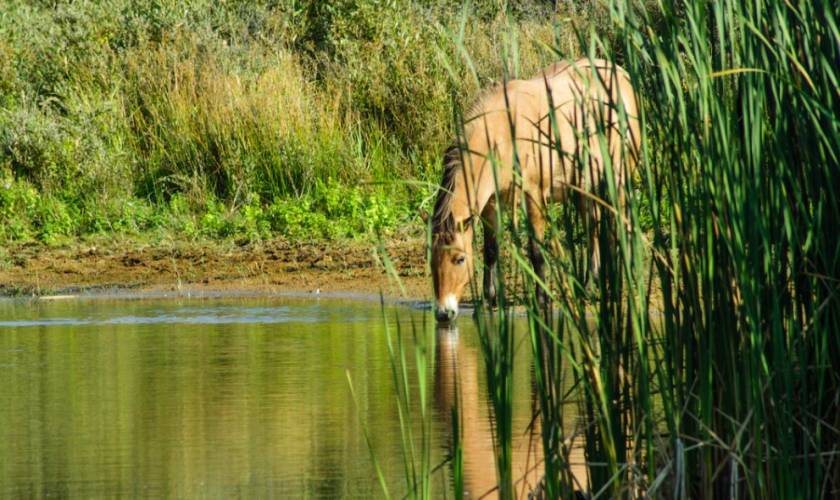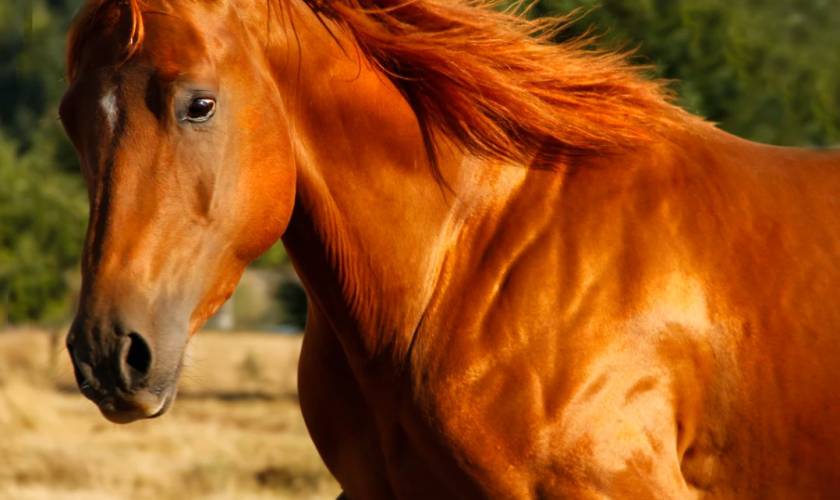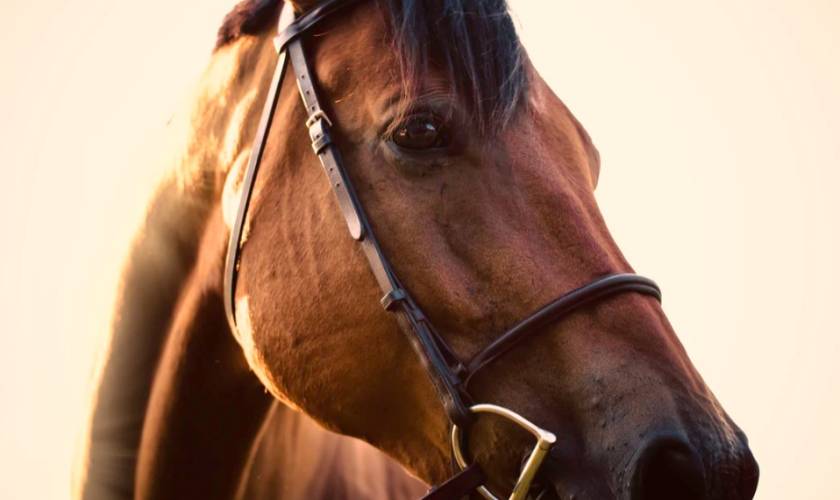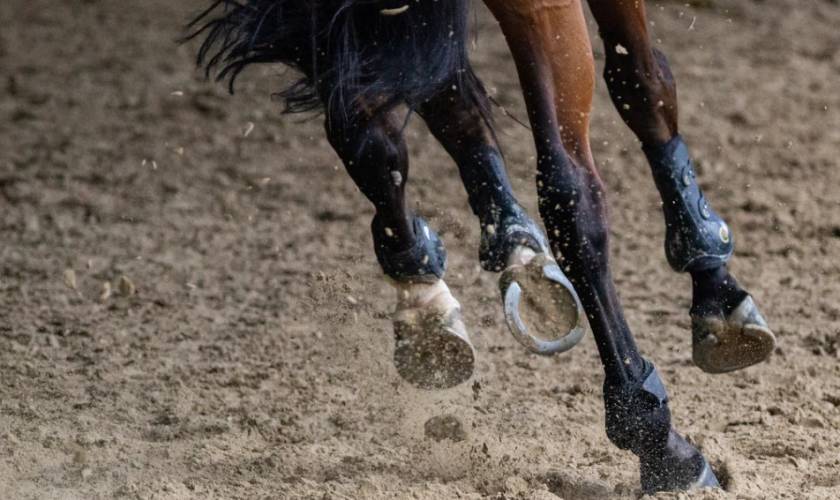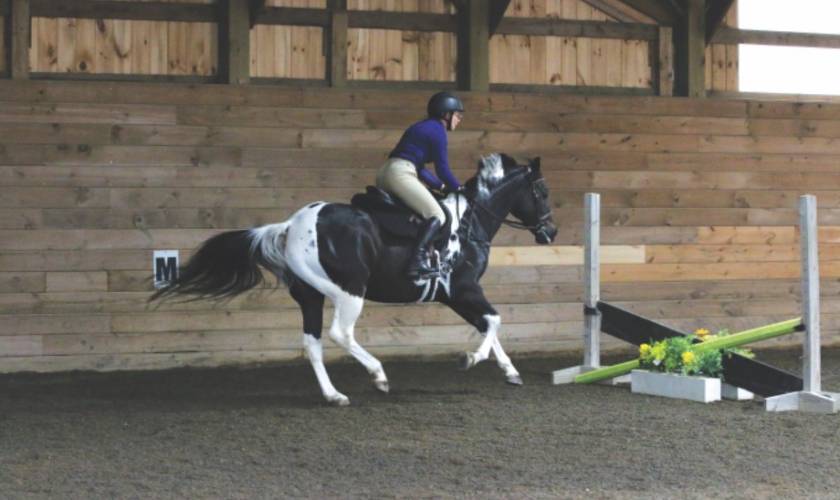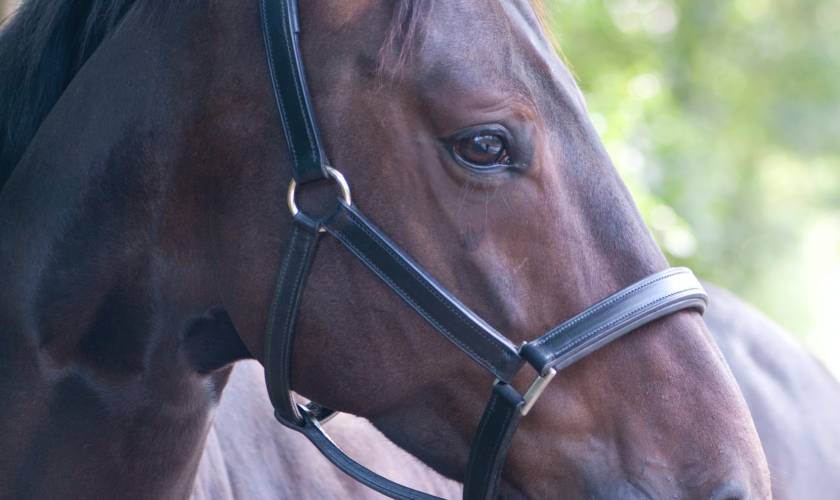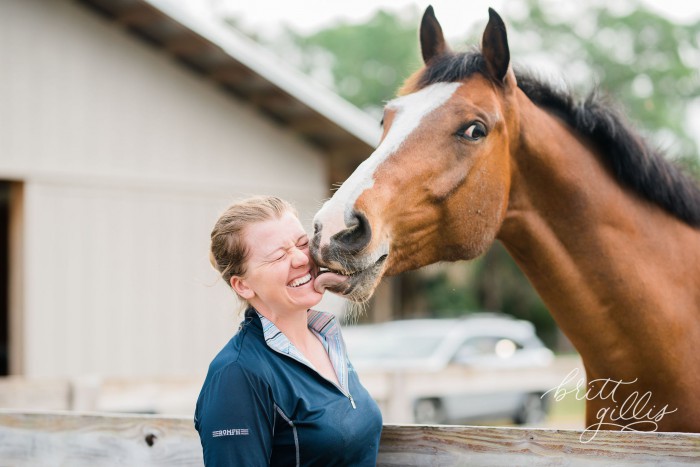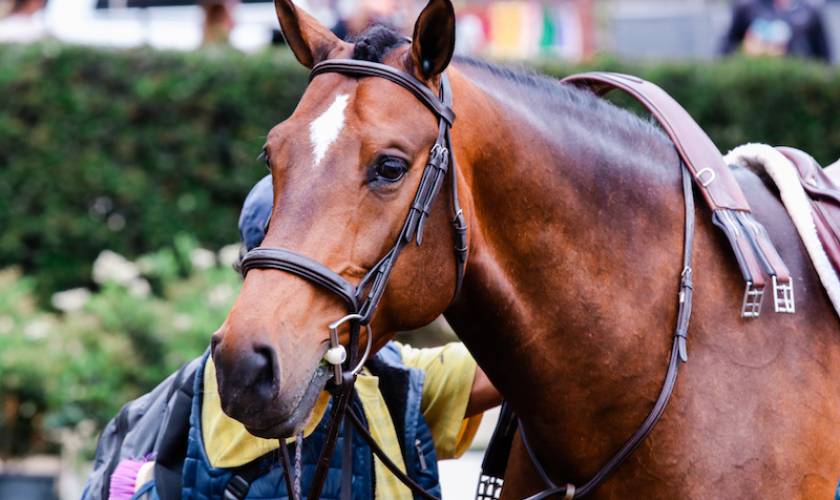Belgian researchers are investigating the factors that put horses at risk for fatal aortic ruptures. Although arterial failures that result in the sudden deaths of racehorses and other equine athletes tend to garner the most attention, this problem is seen in a wide variety of horses, notes Annelies Decloedt, DVM, PhD, of the Equine Cardioteam,
Continue Reading...Are Markings Inherited?
Q: I understand that many people breed for coat color and they will go to great measures to choose appropriate stallions or broodmares. But what about white markings, such as socks or bald faces? Are they also genetic? In other words, if both the sire and dam have four white socks, for example, does the foal
Continue Reading...Shock Wave for Suspensory Ligament Healing
My veterinarian recently diagnosed my 14-year-old Quarter Horse mare that competes in barrel racing at rodeos and jackpots with proximal suspensory desmitis. He mentioned shock wave therapy as a treatment option, but I’m curious: How quickly does it heal these types of injuries? I’m finding good things about the therapy, but minimal on the speed
Continue Reading...Why Do Horses Buck?
Skippy was almost aptly named. He didn’t skip, but he did hop and jump. And to his owner’s great regret, Skippy bucked. “He was a horrible ride,” recalls Amber Cash of Newark, Delaware. “He kicked, he bucked, he bit, he would run and not stop. I thought I could train it out of him, but
Continue Reading...Stay Hydrated During a Summer Training Session
When summertime rolls around, the sun is blazing, humidity is high, and the temperatures are close to being in the triple digits, it’s hard to think about a long training session with your horse. When he’s sweating just from standing in his stall or pasture it seems like it would be impossible to keep him
Continue Reading...A new way to evaluate loss of muscle mass in horses
A new scoring system developed by researchers at the University of Kentucky (UK) and beyond, promises to take some of the guesswork out of detecting and monitoring loss of muscle mass in horses. The Muscle Atrophy Scoring System (MASS) is similar to the Body Condition Score (BCS) system, the nine-point scale designed to assess equine body
Continue Reading...When Resistance Develops Suddenly
When a horse becomes resistant out of the blue, it’s important to determine the reason for the resistance. Trainer Tim Hayes discusses how to fix the problem. Q: I’ve owned my 6-year-old Fox Trotter gelding for three years, but just last year he started to periodically balk when my husband or I rode him. He stops
Continue Reading...Recognizing and Preventing Exhaustion in Horses
Exhausted horse syndrome refers to a range of metabolic and physiologic conditions that may occur when horses become fatigued. Affected horses may display a decrease in energy, appetite or appear stiff and weak. In serious cases, cardiac arrhythmias, shock, muscle damage, colic and diarrhea may develop. Horses that are under-conditioned, performing in endurance events or
Continue Reading...5 Exercises with Margie Engle
Graystone Stables in Berwick, Maine, buzzed with early-morning activity: Terry Golson, 62, rubbed a manure stain off her black-and-white Paint. Katie Plaisted, 15, briefly longed a pony in the outdoor ring. Ten-year-old Ryen McDaniel and a group of riders, trainers and auditors lugged jump poles, standards and jump filler into the indoor arena. The reason
Continue Reading...Myths and Truths Of Equine Cribbing
Cribbing is a behavior seen when a horse puts his teeth on a (usually) horizontal surface, grabs on and seemingly sucks air, making a kind of grunting sound. Fifty years ago, cribbing was thought to be something horses did when they were bored or in chronic pain. Some believed that cribbing released some sort of
Continue Reading...How Much Food is Enough?
Ideally, a horse will have constant access to high-quality forage in the form of fresh grass or hay. An empty stomach lends itself to a higher risk of ulcers and other digestive issues. How much to feed depends on various factors such as condition and activity level, but most horses should eat between 2% and
Continue Reading...Why Turnout Is Important for Your Horse
Horses are healthiest and happiest outdoors in their pastures. There are a number of reasons why your horse should be outside as much as possible. Although many horses will clamor to come into a stable during nasty weather, it’s important that they live outdoors as much as possible. Sometimes keeping your horse confined in a
Continue Reading...
